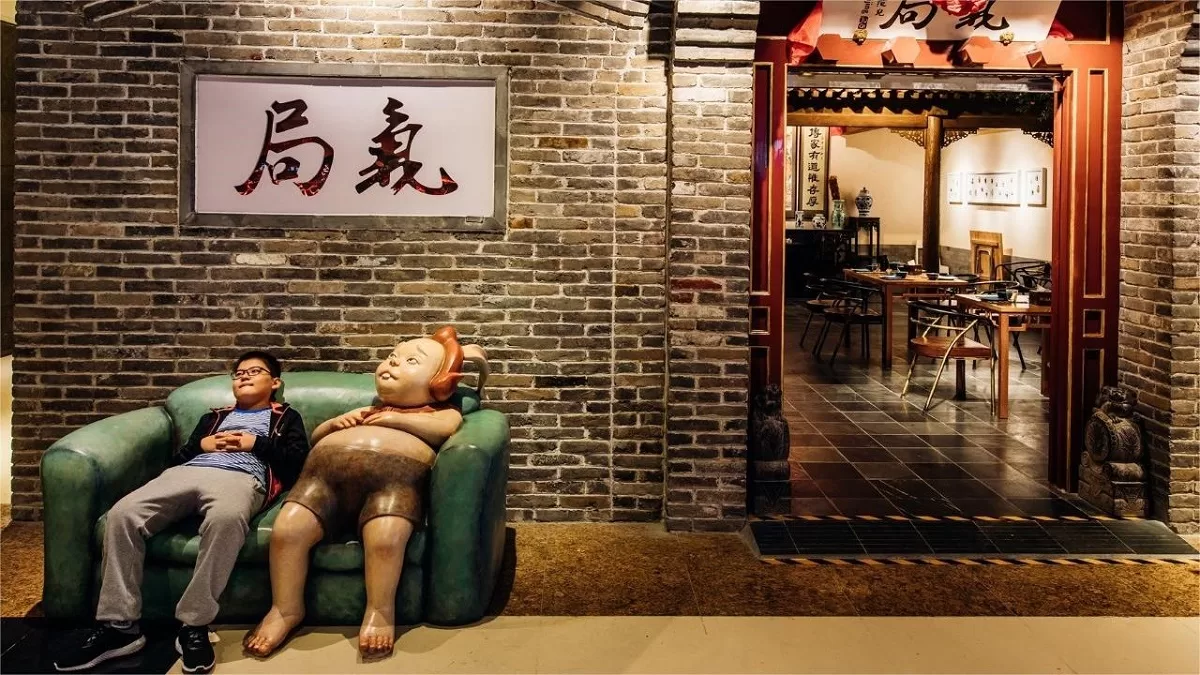The primary language spoken in Beijing, the capital of the People’s Republic of China, is Mandarin Chinese, also known as Standard Chinese or Putonghua (普通话). Mandarin is the official language of China and is used in government, education, media, and most public interactions. Here’s a detailed explanation of the language spoken in Beijing:
Mandarin Chinese (Standard Chinese)
Official Language: Mandarin is the official language of China, and it is the standard variety of the Chinese language used for communication at the national level. It serves as a lingua franca that enables communication among people from diverse linguistic backgrounds.
Phonology
Tones: Mandarin is a tonal language, which means that the meaning of a word can change based on the pitch contour of a syllable. Standard Mandarin has four main tones and one neutral tone.
Consonants and Vowels: Mandarin has a relatively simple consonant inventory but a wide range of vowel sounds.
Writing System
Chinese Characters: Mandarin is written using Chinese characters (Hanzi), which are logograms representing words or morphemes rather than individual sounds. Chinese characters are used for both the written form of the language and are an integral part of the writing system.
Simplified and Traditional Characters
Beijing primarily uses simplified Chinese characters, which are a standardized version of characters that have been simplified to increase literacy. However, traditional Chinese characters are still used in certain contexts and for cultural or historical reasons.
Pinyin
Pinyin is a Romanization system used to represent the pronunciation of Mandarin Chinese using the Latin alphabet. It is often used to teach the pronunciation of Mandarin, including in textbooks, maps, and street signs.
Dialects
In Beijing and throughout northern China, people primarily speak a variety of Mandarin known as “Northern Mandarin” (Beifang Hua). This dialect is characterized by its pronunciation, vocabulary, and some grammatical differences from other regional dialects of Mandarin. Within Beijing, you may also hear a localized version of Northern Mandarin with certain unique features and vocabulary.
Bilingualism and Multilingualism
While Mandarin is the dominant language in Beijing, it’s important to note that many residents, especially the older generation, may also speak the Beijing dialect or other regional languages or dialects. Additionally, due to the city’s multicultural population, you can find individuals who speak other Chinese languages, such as Cantonese, as well as foreign languages like English.
Language Education
In Beijing, Mandarin is taught in schools, and many educational institutions focus on teaching standard Mandarin pronunciation. The promotion of Mandarin as the national language has led to efforts to standardize pronunciation and vocabulary.
Language Evolution
Language is dynamic, and even in a primarily Mandarin-speaking city like Beijing, there may be variations and evolving slang or vocabulary. The language evolves with time and societal changes.
In summary, the primary language spoken in Beijing is Mandarin Chinese, specifically the Northern Mandarin dialect. This language is an essential part of Chinese culture and plays a significant role in the daily life of Beijing residents, serving as a means of communication in various domains, from business and education to government and social interactions.


